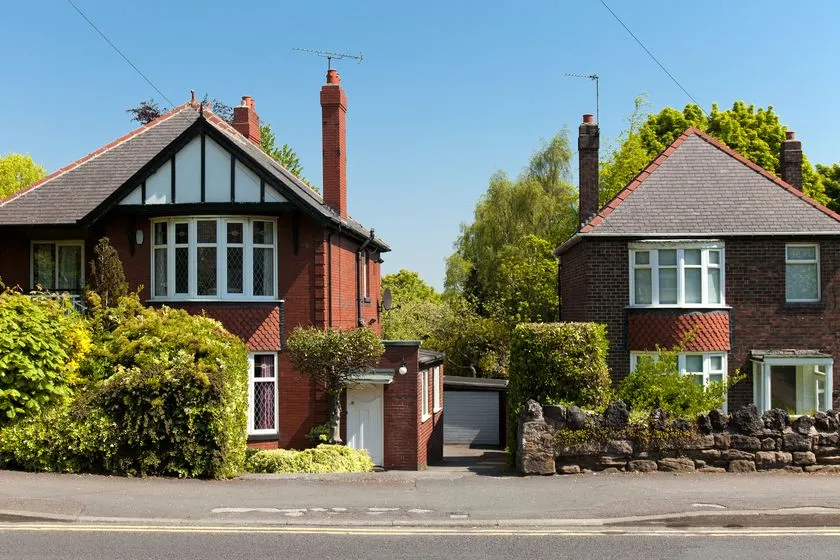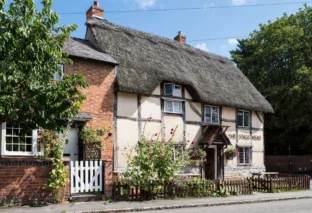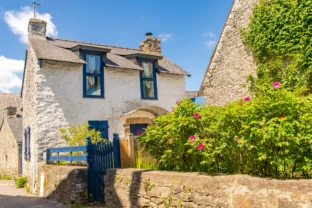What is Staircasing?
29 February 2024 • 3 min read

See what our customers have to say about us
What is shared ownership staircasing?
Staircasing means increasing your share of ownership in the Shared Ownership property. So, if you already own a Shared Ownership property, you are entitled to buy additional shares in your property from the Housing Association. This is usually in blocks of 10% or more and is known as “staircasing”.
Depending on your Housing Association, you may be able to buy shares as little as 10% at a time. However, it may be more cost-efficient to buy fewer larger shares rather than many smaller ones, given the costs of staircasing. The leases of most shared ownership properties contain a clause that gives the tenant the right to keep buying additional shares until they finally own 100% of the property. However, some leases restrict your right to buy 100% interest in your property.
Tenants who own less than 100% are still required to pay rent for the percentage of the property they don’t own. When the staircasing procedure is complete, the proportion of the property owned by the Housing Association decreases, and the rent you pay will be reduced proportionately.
When you do staircase up to 100%, also known as “final staircasing”, the Housing Association’s interest in your property is diminished, and you cease to have to pay rent to them. You then become the sole owner of the property, subject to any outstanding mortgage.
If the property you are staircasing is a house, then you will become the freehold owner of the property. However, if the property is a flat, then you will still be a leaseholder under the main lease of your flat, even though the Shared Ownership Lease will have been extinguished. So you will still need to pay ground rent, service charges and property insurance, much like any other flat owner.
Staircasing is an easy way of eventually owning a property without investing a large sum of money all at once.

The three main means of purchasing additional shares in your property include:
- Agreeing on an extension of your current mortgage
- Remortgaging
- Using any savings you may have
You may also face extra costs on top of buying additional shares of your property, such as:
- Your Housing Association’s administration fee.
- The surveyor’s fees. These give you the full current market valuation of your property, otherwise known as a “staircasing valuation”.
- Your own legal costs.
- You may have to pay a fee to any mortgage broker or IFA who helped to arrange your loan.
- You may also have to pay Stamp Duty Land Tax, depending on your circumstances. This is a tax on land transactions.
If you would like more information about staircasing or would like more advice, don’t hesitate to get in touch or request a free quote.
You might also like
In architectural aesthetics, few features evoke a sense of rustic charm and timeless beauty ...
Many people dream of owning a second home. Whether it’s a holiday home, a ...

